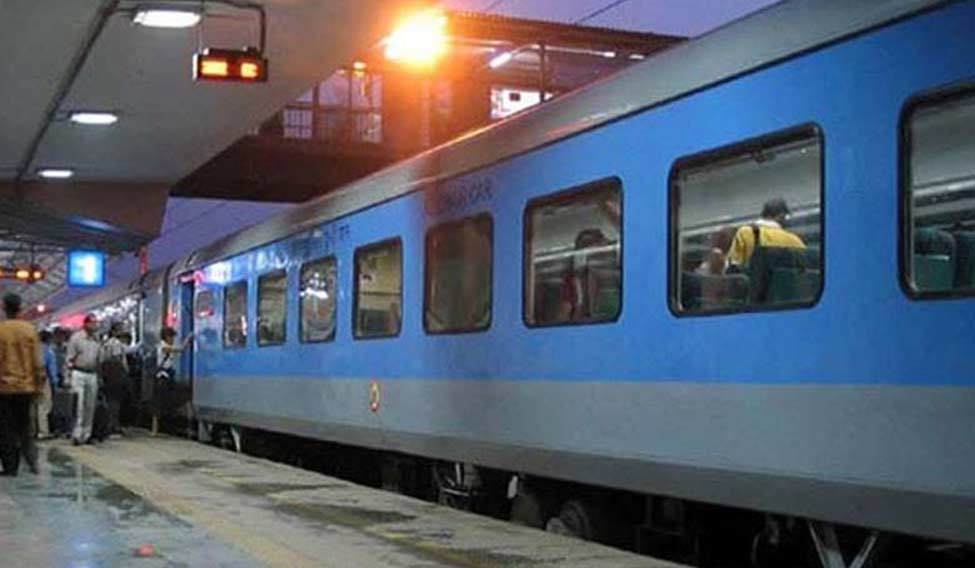After the Indian Railways adopted a flexible pricing of tickets for its premium category trains—Rajdhani, Duronto and Shatabi—from September 7, the new model has been receiving stiff criticism from various quarters.
"The step may result in a further setback for the Indian Railways, as a number of airlines are already targeting passengers of these trains with their lower air fares," said Gopal Mishra, general secretary of All India Railway Men's Federation, the largest union of railway employees.
"It defies logic at a time when railway traffic has already shown some decline over the first half of the year. Instead of this, rates of commercial freight could have been rationalised upwards, if the idea was higher revenue generation for Indian Railways," Mishra added.
The union had held protests against 'unfair treatment' to railway employees in the announcement of emolument in the seventh pay commission earlier this year.
According to an official media communication from the ministry, the newly introduced flexi fare system will help the financially ailing Railways garner additional income of an estimated Rs 500 crore.
The new fares, which came into effect from September 9, have also drawn many angry reactions from commuters. "This is another attempt of the government to hike fares of those who have to travel on an emergency basis," said Railways Passenger Association president, Dinesh Trivedi.
"It would be more difficult for the non-middleclass travellers. We are readying a formal memorandum to be submitted to Railways Minister Suresh Prabhu by Monday," said Sukhdev Bansal, Division Railway User Consultative Committee member.
However, Anil Saxena, Indian Railways spokesperson sought to defend the new fare system saying it would benefit travellers in the long term for availing better service. "With the increase in investment in providing better and a safe railway network, this step was necessary,” he said.
Apparently, the high-end trains, which comprise of only 0.6 per cent of the total train services provided by the Indian Railways, contribute more than 13-14 per cent share of its revenue.
According to A.K. Mittal, Railway Board chairman, the resultant fare hike will be very minimal. However, preliminary assessments show that this will result in at least 30-50 per cent fare hike for passengers travelling in these trains.
“We are looking at every single penny that can make Indian Railways more viable and are targeting both freight and passenger revenues. We are also looking at bolstering our non-fare revenues,” Mittal said.
"The dynamic fare has been introduced on an experimental basis. We will review this system after some time and see what necessary measures could be taken further to finetune the system towards further passenger convenience," he said, clarifying the move on Friday.
Businesses operating in the railways sector have also criticised the recent fare revision.
"It is typically seen that the first 10 per cent of the tickets are booked by the tout community—especially in the peak rush season. Aren't we encouraging them to book early and increase their demand?," asked Kapil Raizada, co-founder of RailYatri.in, a railway service aggregator .
“On the positive side, we expect this to dampen the speculative booking phenomenon," adds Raizada.





